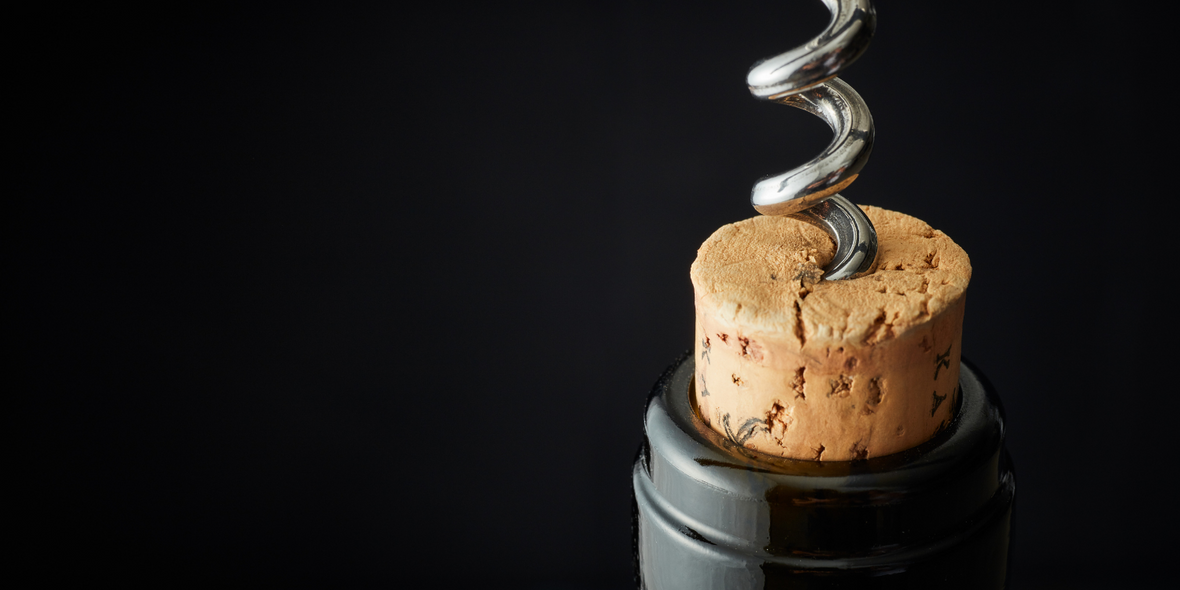
Cork or Screwcap: What Should You Be Reaching For?
It’s a familiar scene. You’re browsing the wine aisle, checking labels, regions, grape varieties. Then you notice the top. Cork or screwcap? One feels classic, the other modern. But does it really matter?
Let’s start with cork. It’s the traditional choice and still a favourite among premium wine producers. There’s a certain ceremony to opening a corked bottle. That soft pop, the twist of the wrist, the anticipation. But it’s not just about romance. Natural cork allows a slow, controlled amount of oxygen into the bottle, helping certain wines age and develop complexity over time. If you’re cellaring a fine Bordeaux or a top-tier Riesling, cork is still considered the gold standard.
However, cork hasn’t always had a perfect track record. Every now and then you might come across a bottle that’s “corked” — not because it has a cork, but because it’s been tainted by a compound called TCA. The result is a musty, damp-cardboard smell that dulls the wine’s aroma and flavour. Thankfully, cork producers have dramatically improved quality control, and corked bottles are now much rarer.
Then there’s the screwcap. Clean, modern, and wonderfully easy to open. No corkscrew needed. No risk of TCA. No crumbs in your glass. A screwcap creates a tight seal, protecting the wine from oxygen and preserving its freshness. This makes it ideal for crisp, fruit-forward wines meant to be enjoyed young. It’s a favourite in Australia, New Zealand, and increasingly across Europe too.
And while screwcaps were once seen as cheap or less serious, that stigma is fading fast. Some are now designed to allow a touch of oxygen through, meaning even age-worthy wines can benefit. They also travel better and are less prone to damage in storage.
What about synthetic corks? You’ll find them mostly in wines made to be drunk within a year or two. They’re practical and low-cost, but not ideal for ageing. Over time, they can let in too much air, which affects the wine’s quality.
So, which is better? It depends on the wine and how you plan to enjoy it. If it’s a special bottle you’re ageing for a future celebration, cork still has its place. If it’s a bright, juicy bottle for a casual evening or weekend picnic, screwcap wins for convenience and consistency.
In the end, the closure is just one part of the story. The real joy is in the wine itself, and the company you share it with.


